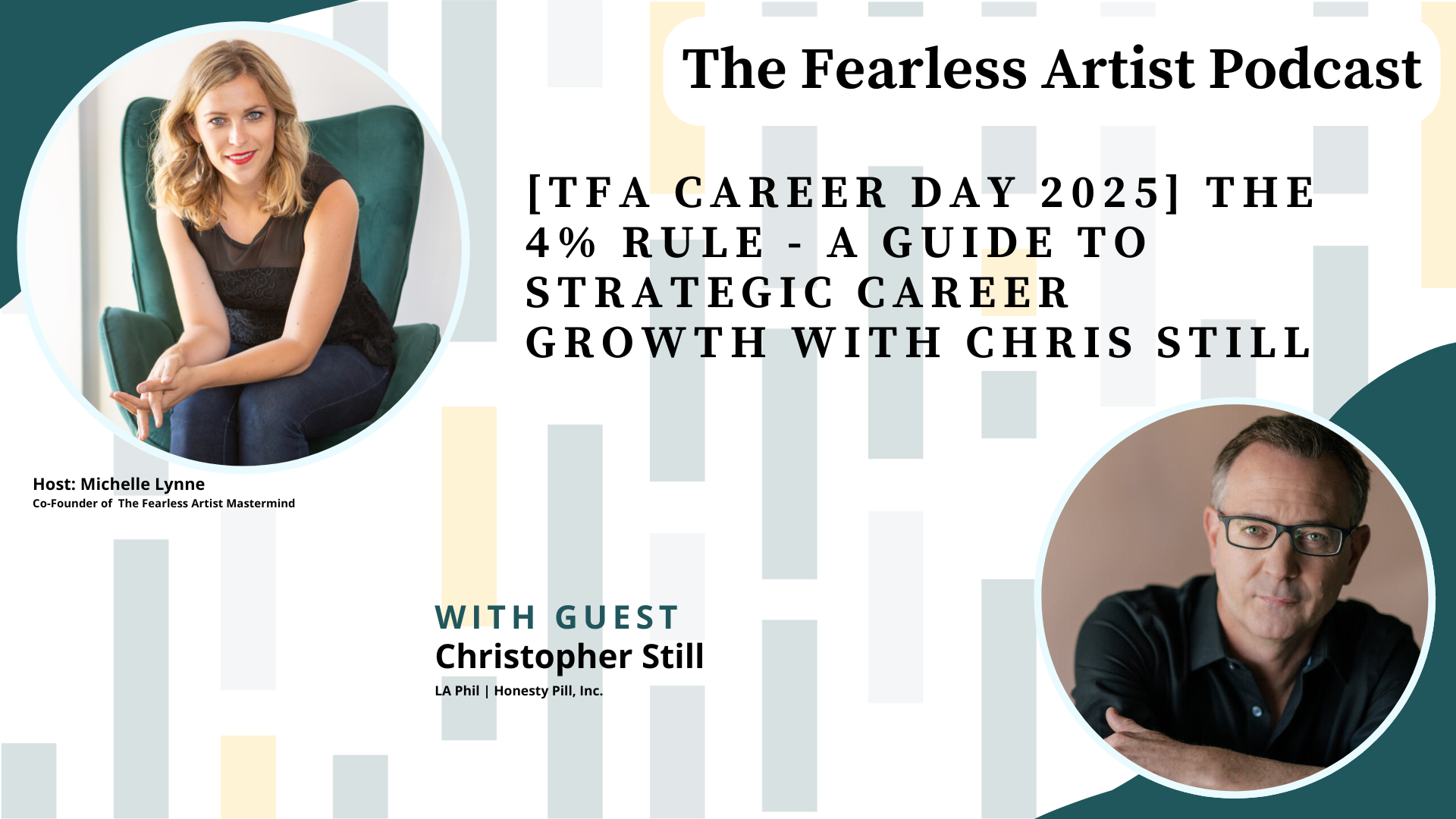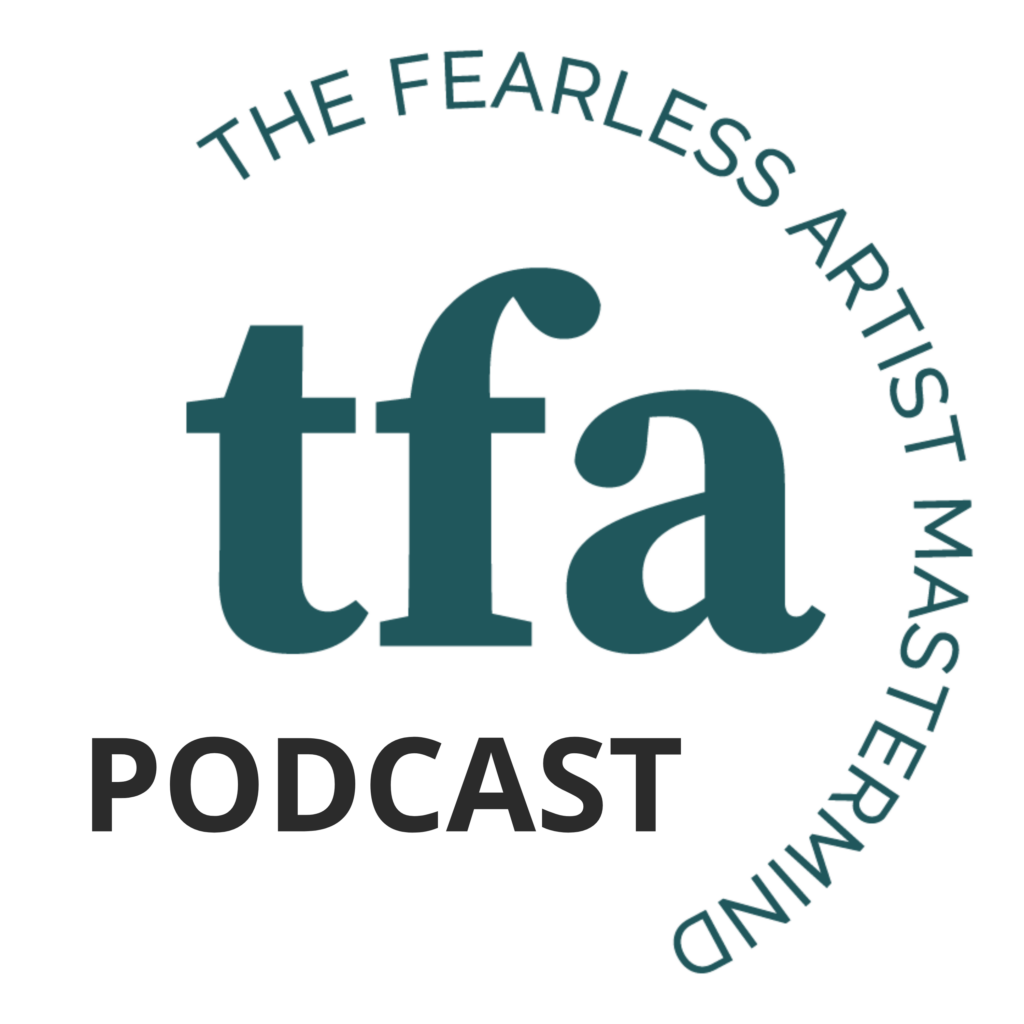[TFA Career Day 2025] The 4% Rule – A Guide to Strategic Career Growth with Chris Still

Guest:
Christopher Still
LA Phil | Honesty Pill, Inc.
Christopher Still, the founder of Honesty Pill, joined the Los Angeles Philharmonic as Second Trumpet in 2007. Prior to this, he held significant positions including Principal Trumpet of the Colorado Symphony, Associate Principal Trumpet of the Dallas Symphony, and Principal Trumpet of the Charleston Symphony. Christopher has also served with the Grant Park Festival Orchestra in Chicago’s Millennium Park and as Guest Principal with the St. Louis Symphony. His extensive recording work spans major orchestras like the Los Angeles Philharmonic, Grant Park, Dallas, and Albany, and his talent is featured in numerous major motion picture and television soundtracks. Recognized as a Yamaha Artist, Christopher is also an avid educator and clinician.
Raised in a musical household, Christopher initially aimed to become a band director, earning a Bachelor of Music Education from the Crane School of Music at SUNY-Potsdam. His passion for performance led him to pursue a Master of Music Performance degree from the New England Conservatory in Boston, after which he was a Tanglewood Music Center Fellow. Despite facing challenges and navigating the complex landscape of orchestra auditions, Christopher found success. He now loves performing contemporary music, especially in the Green Umbrella concert series.
Christopher’s journey inspired him to create Honesty Pill, addressing the gap he observed in musical education that often leaves essential organizational, social, and professional skills underdeveloped. Through his programs, he helps musicians and creatives enhance their practice and performance skills and effectively navigate their careers.
Living in Altadena, CA with his wife, Amanda McIntosh, and two children, Christopher enjoys long-distance running, skiing, brewing beer, and hiking the trails behind his house. His experiences have shaped his approach to teaching and his commitment to guiding others in achieving their artistic goals.

Subscribe to The Fearless Artist Podcast
Intro/Outro music by Michelle Lynne • Episode produced by phMediaStudio, LLC
